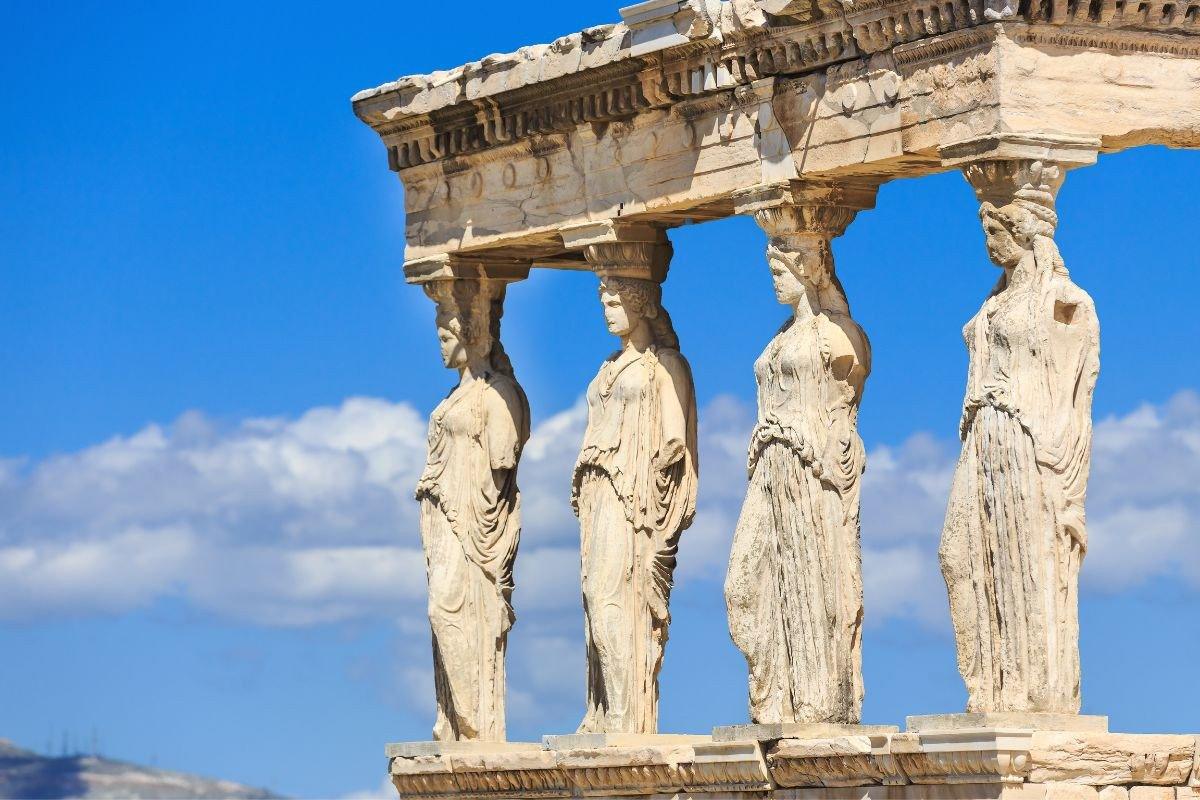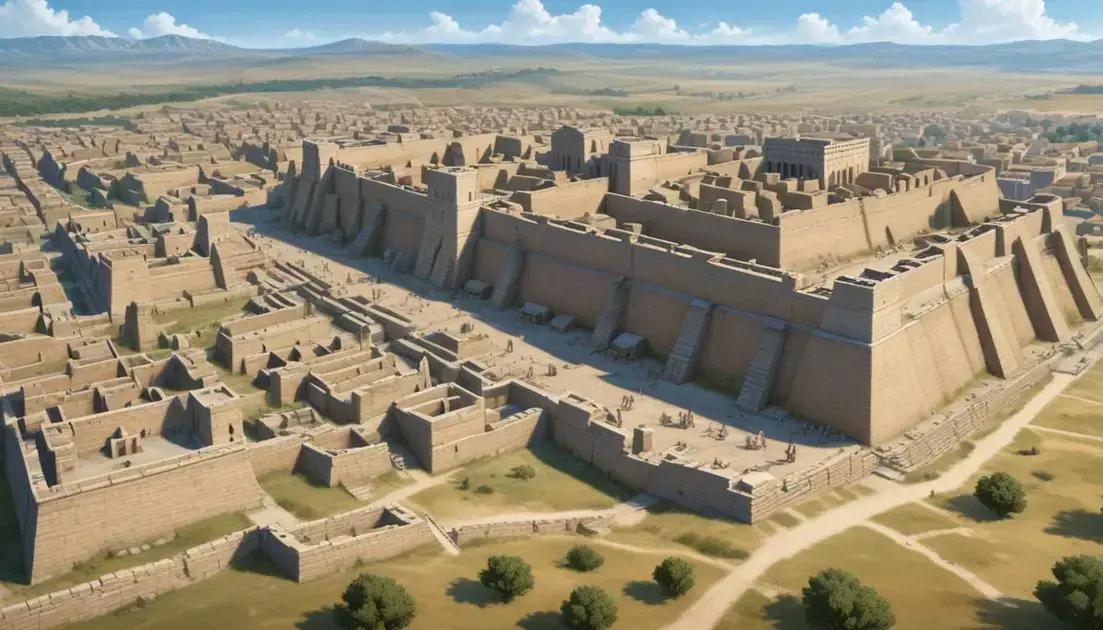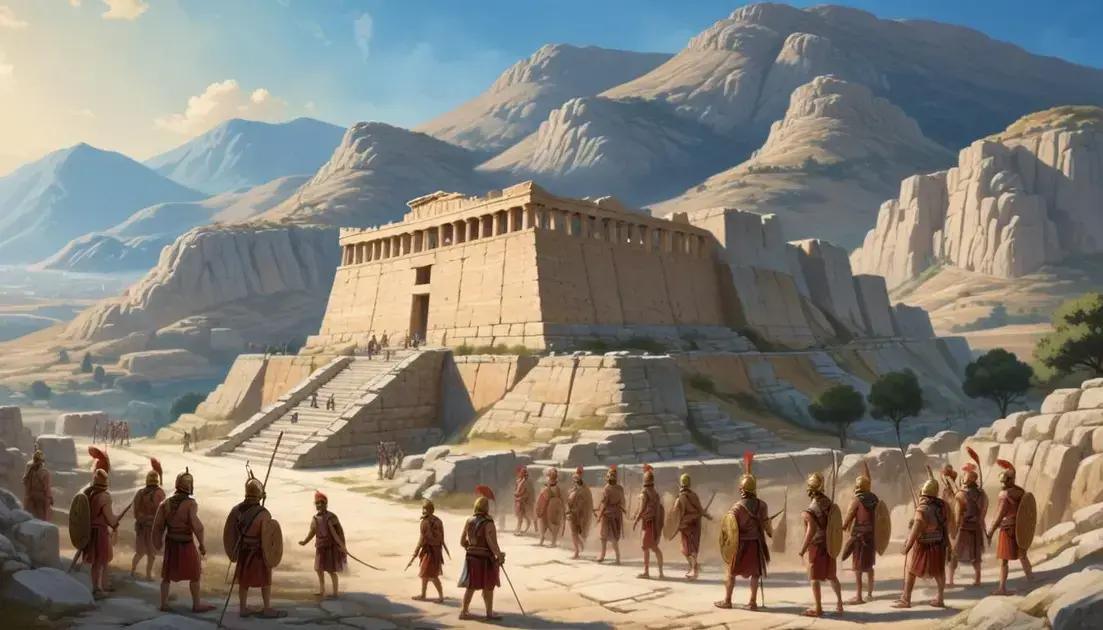
Ancient Greece: Democracy, Philosophy and the Olympic Spirit
Ancient Greece: Democracy, Philosophy and the Olympic Spirit – A Timeless Reporter’s Journey Through History
The ancient Greece of yesteryear continues to captivate modern minds through its extraordinary contributions to civilization. As any timeless reporter examining history would attest, few civilizations have left such an indelible mark on human progress as the ancient Greek city-states. From the birthplace of democracy in Athens to the philosophical schools that shaped Western thought, ancient Greece established foundations that still support our modern world. The Olympic Games, philosophical inquiry, democratic governance, and artistic achievements of this remarkable civilization continue to influence contemporary society in ways both obvious and subtle.
Understanding ancient Greece requires more than memorizing dates and names; it demands an appreciation for how these ancient people fundamentally transformed human civilization. Their innovations in government, philosophy, arts, and athletics created a cultural legacy that transcends time itself. This comprehensive exploration will examine the multifaceted contributions of ancient Greek civilization, revealing why their influence remains as relevant today as it was over two millennia ago.
The Birth of Democracy in Ancient Greece: Revolutionary Governance
The concept of democracy, literally meaning “rule by the people,” emerged from the innovative political experiments of ancient Greece, particularly in the city-state of Athens during the 6th and 5th centuries BCE. This revolutionary form of governance represented a radical departure from the monarchical and aristocratic systems that dominated the ancient world. The Athenian democracy, though imperfect by modern standards, established principles that would eventually inspire democratic movements across the globe.
Cleisthenes, often called the “father of democracy,” introduced reforms around 508 BCE that restructured Athenian society and politics. His innovations included the creation of the boule (council of 500 citizens chosen by lot), the establishment of ostracism as a method to prevent tyranny, and the reorganization of the citizen body into ten tribes based on geography rather than kinship. These reforms ensured that political power was distributed among the citizen population rather than concentrated in the hands of aristocratic families.
The Athenian democratic system functioned through several key institutions that enabled citizen participation in governance. The ekklesia (assembly) met regularly on the Pnyx hill, where citizens could speak, debate, and vote on important matters affecting the polis. The dikasteria (people’s courts) allowed ordinary citizens to serve as jurors in legal proceedings, while the prytaneis (rotating executive committee) managed day-to-day administrative affairs. This intricate system of checks and balances prevented any single individual or group from monopolizing political power.
However, it’s crucial to understand that Athenian democracy was limited in scope compared to modern democratic ideals. Only adult male citizens who had completed military training could participate in the democratic process, excluding women, slaves, and foreign residents (metics) from political participation. Despite these limitations, the democratic experiment in ancient Greece established fundamental principles such as political equality among citizens, freedom of speech (parrhesia), and the rule of law that continue to underpin democratic societies today.
The influence of Greek democratic thought extended far beyond Athens itself. Other city-states adopted modified versions of democratic governance, while the philosophical examination of political systems by thinkers like Aristotle and Plato provided theoretical frameworks that would later influence the founders of modern democratic nations. The American founders, in particular, drew heavily on Greek political theory when designing the United States Constitution, incorporating concepts like separation of powers and representative government that trace their origins to ancient Greek political philosophy.
Ancient Greece Philosophy: The Foundation of Western Thought
The philosophical tradition that emerged in ancient Greece during the 6th century BCE fundamentally transformed human understanding of the world, knowledge, and existence itself. This intellectual revolution began with the Milesian school in Anatolia, where thinkers like Thales, Anaximander, and Anaximenes started seeking natural explanations for phenomena previously attributed solely to divine intervention. Their rational approach to understanding the cosmos marked the beginning of systematic philosophical inquiry that would profoundly influence Western intellectual history.
The Pre-Socratic philosophers laid the groundwork for all subsequent philosophical development by asking fundamental questions about the nature of reality, change, and knowledge. Heraclitus proposed that change was the fundamental nature of the universe, famously stating that “you cannot step into the same river twice.” In contrast, Parmenides argued for the unchanging nature of true being, creating a philosophical tension that would drive centuries of subsequent debate. These early thinkers established the importance of reason (logos) as a tool for understanding reality, moving beyond mythological explanations toward logical analysis.
Socrates, though he left no written works, revolutionized philosophy through his method of questioning and his focus on ethical living. His approach, known as the Socratic method or elenchus, involved systematic questioning designed to expose contradictions in people’s beliefs and lead them toward greater self-knowledge. Socrates’ famous declaration that “the unexamined life is not worth living” established the philosophical pursuit of wisdom as essential to human flourishing. His emphasis on virtue, knowledge, and the care of the soul profoundly influenced his student Plato and, through him, all of Western philosophy.
Plato developed the first comprehensive philosophical system in Western history, addressing questions of metaphysics, epistemology, ethics, and political theory. His Theory of Forms proposed that the material world was merely a shadow of perfect, eternal forms that existed in a realm beyond physical reality. Through dialogues like “The Republic,” “Phaedo,” and “Timaeus,” Plato explored fundamental questions about justice, the soul, knowledge, and the ideal state. His Academy, founded around 387 BCE, became the first institution of higher learning in the Western world, training students in mathematics, dialectic, and philosophical inquiry.
Aristotle, Plato’s most famous student, created an even more comprehensive philosophical system that encompassed logic, biology, physics, ethics, politics, and poetics. His approach was more empirical than Plato’s, emphasizing observation and classification of phenomena in the natural world. Aristotle’s logical works, collectively known as the Organon, established the principles of deductive reasoning that dominated Western logic until the modern period. His ethical philosophy, outlined in the “Nicomachean Ethics,” introduced concepts like the golden mean and eudaimonia (flourishing) that continue to influence moral philosophy today.
The Hellenistic philosophical schools that emerged after Alexander the Great’s conquests—including Stoicism, Epicureanism, and Skepticism—addressed the practical concerns of individuals living in a cosmopolitan world. The Stoics, led by figures like Epictetus and Marcus Aurelius, emphasized virtue, acceptance of fate, and emotional tranquility. Epicureans pursued pleasure and the absence of pain (ataraxia), while Skeptics questioned the possibility of certain knowledge. These schools provided philosophical guidance for living that remained influential throughout the Roman period and beyond, with Stoic philosophy experiencing a particular renaissance in contemporary self-help and cognitive therapy approaches.
The Olympic Spirit: Ancient Greece History and Athletic Excellence
The Olympic Games of ancient Greece represent one of history’s most enduring legacies, embodying the Greek ideals of physical excellence, competition, and religious devotion. Beginning in 776 BCE in Olympia, these quadrennial festivals honored Zeus, the king of the gods, while celebrating human athletic achievement. As any timeless reporter of ancient Greek history would note, the Olympics served as more than mere sporting contests; they functioned as a unifying force among the often-warring Greek city-states, creating a shared cultural identity that transcended political boundaries.
The ancient Olympic festival lasted for five days and included religious ceremonies alongside athletic competitions. The games began with sacrifices to Zeus and ended with a great banquet celebrating the victors. Events included running races of various distances, wrestling, boxing, the pankration (a combination of wrestling and boxing), chariot racing, and the pentathlon (consisting of running, jumping, discus, javelin, and wrestling). The stadion race, a sprint of approximately 192 meters, was considered the most prestigious event, with winners having the entire Olympic festival named after them.
Victory in the Olympic Games brought tremendous honor not only to the individual athlete but also to their home city-state. Winners received olive wreaths cut from the sacred olive tree of Olympia, along with significant material rewards from their grateful citizens. Many Olympic victors became legendary figures, with poets like Pindar composing elaborate victory odes (epinikia) celebrating their achievements. The fame of Olympic champions extended far beyond their athletic prowess, often leading to political influence and lasting cultural impact in their communities.
The Olympic truce (ekecheiria) demonstrated the sacred nature of the games and their power to temporarily suspend the constant warfare that characterized ancient Greek politics. This truce, lasting for several months around the time of the games, allowed athletes, spectators, and officials to travel safely to Olympia regardless of ongoing conflicts between their home states. The enforcement of this truce by all Greek states illustrates the profound respect accorded to the Olympic festival and its role in fostering Panhellenic unity.
The religious


